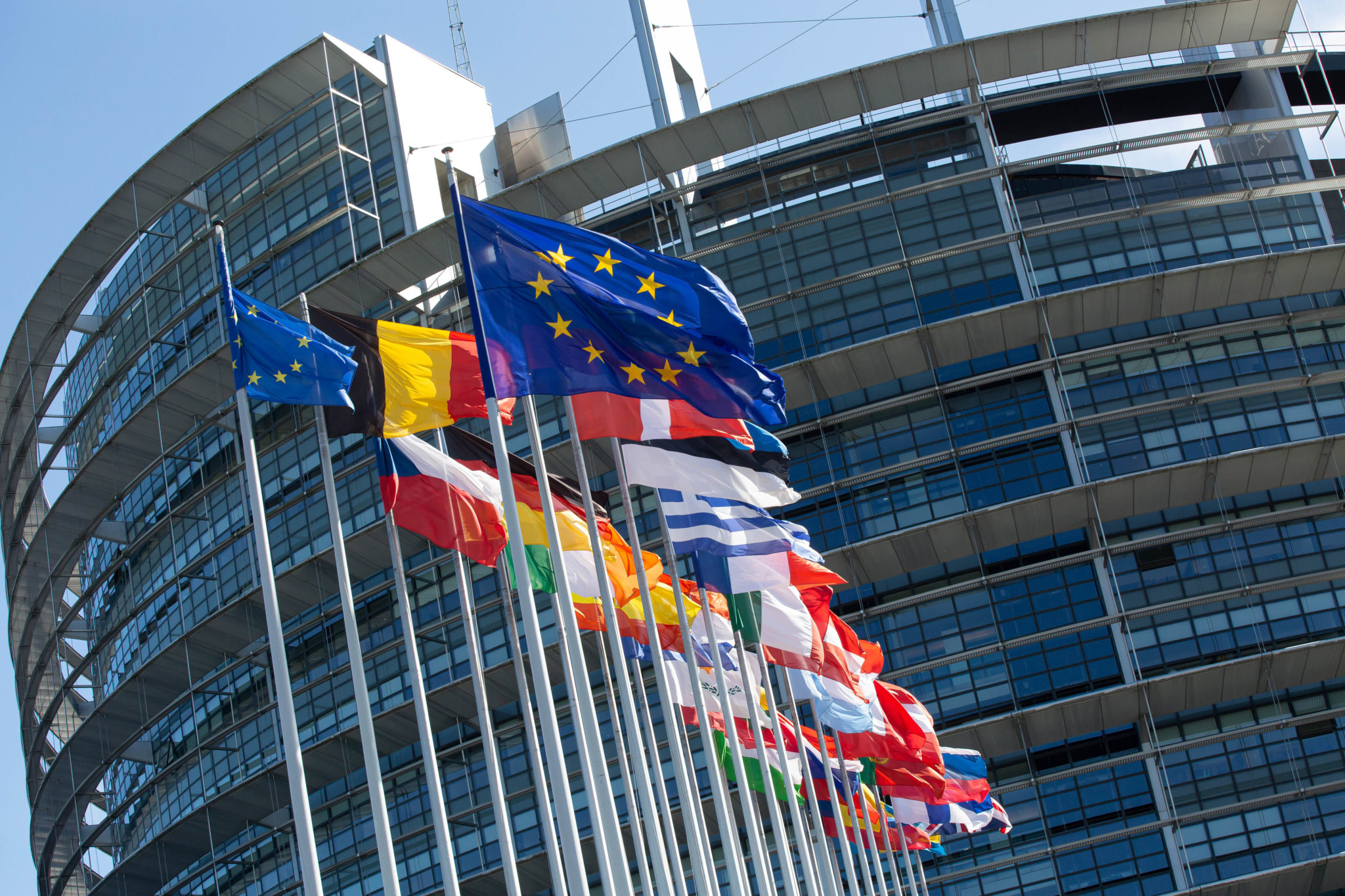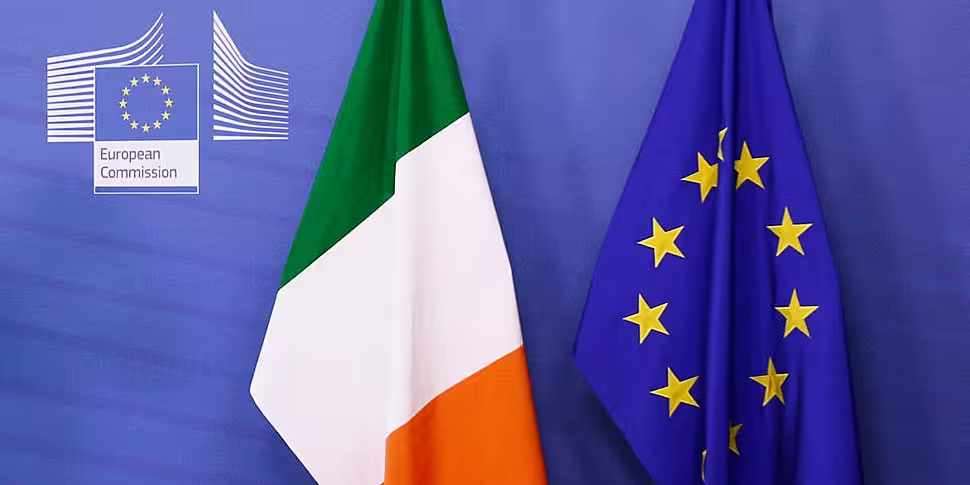As the EU gains in power, national governments like the Dáil - and voters – lose power.
That’s according to Sunday Independent columnist David Quinn, who said our national parliament is “less sovereign” thanks to the EU.
He told The Hard Shoulder he doesn’t think “in a million years that we should leave the EU”.
He said, however, that power may be too centralised in Brussels, diminishing the Dáil’s decision-making powers.
“The more centralisation you have in Brussels and the more power the EU institutions have over policy, then the less power and influence the national parliaments have,” he said.
“And if the national parliaments have less power and influence, my argument would be that the voters also have less power and influence.
“We need to decide as a country, and our politicians need to know and decide just how much centralisation they want.”
The recent vote to accept the EU Migration Pact was an example of losing control, according to Mr Quinn.
The Dáil agreed to the Pact in a vote of 79 for and 72 against.
“I'd argue that there wasn't sufficient debate about that beforehand,” Mr Quinn said.
EU sovereignty
Former Irish Ambassador to the EU Bobby McDonagh said the union can only act on what “has been agreed by all the member states”.
“There isn't a constant ceding of sovereignty either at the European level or at the Irish level,” he said.
“There hasn't been a major move in relation to changing the treaties unanimously since Lisbon, which is well over a decade ago.”
Mr McDonagh said Ireland has “opted in” to its policy on migration.
“Our right to opt in was approved by the Irish people in a referendum,” he said. “And as you pointed out, we've done so in a parliamentary vote.”
The former ambassador also noted there are several issues in which Ireland has clear sovereignty, such as health and education.
“But in the areas where we have pooled sovereignty, it has broadly served us well,” he said.
“You only have to look at what's happened in the UK, to see it is a bit of a disaster.”
 Flags of the European Union and its member states fly in the wind in front of the building of the European Parliament in Strasbourg in September 2019. Picture by: Philipp von Ditfurth/DPA/PA Images
Flags of the European Union and its member states fly in the wind in front of the building of the European Parliament in Strasbourg in September 2019. Picture by: Philipp von Ditfurth/DPA/PA ImagesMr Quinn said a clear example of Ireland giving away sovereignty is corporation tax.
“For years we said this is our red line – we're not going to raise our corporate tax rate above 12.5%,” he said.
“Then Joe Biden becomes president, and he puts more pressure on us – and suddenly, we feed that red line.
“It was a combination of pressure from countries within the EU and also from the United States.”
Ireland signed the OECD Two Pillar agreement in October 2021, including the agreement of a global minimum tax of 15%.
Ireland still applies the 12.5% corporation tax to businesses out of scope of the agreement – over 99% of businesses operating in Ireland.
Listen back here:









